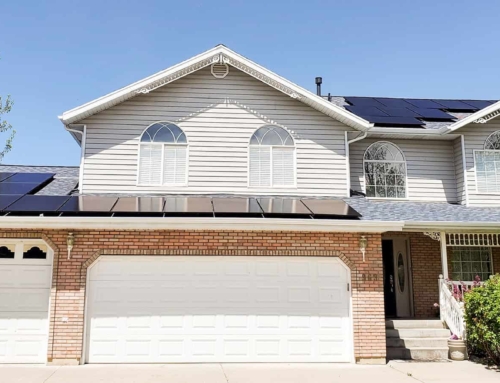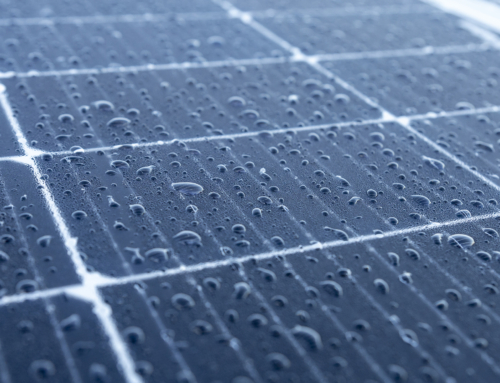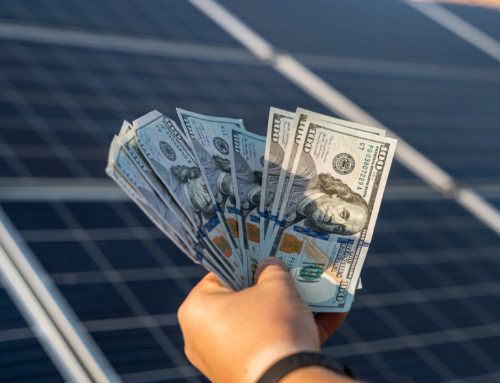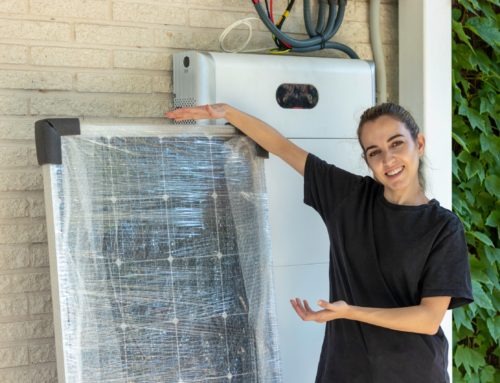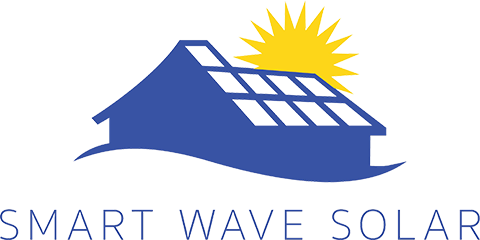Solar efficiency is a key factor for determining how much power to expect from a solar system. It is essentially a measurement of the quantity of sunshine that strikes a solar panel and is converted into usable power. The better the efficiency of a solar panel, the more power it can generate from sunshine. That means that if your panel has a 20 percent efficiency rating, 20 percent of the solar energy it receives is converted into electricity. Here’s a closer look at the efficiency of solar panels today and what it means for solar customers.
How Efficient Are Modern Solar Panels?
Most solar panels have an efficiency rating of between 15 and 20 percent. While this may not seem like much, note that 20 percent is enough to power an average household, as long as you have enough panels for your home. Thanks to advances in photovoltaic technology over the past few years, more solar manufacturers are now offering panels with over 20 percent efficiency.
Why Is Solar Efficiency Important?
Efficiency is an essential consideration when shopping for home solar panels because it saves you money in the long run. The more electricity your solar system generates over its lifespan, the sooner it will pay off its initial investment cost. Moreover, high-efficiency panels require less roof area than panels with lower efficiency. This makes them ideal if you have limited rooftop space. However, keep in mind that a more efficient panel doesn’t necessarily mean better quality. Reliability, manufacturing quality, and other conditions are also important criteria when selecting the solar system for your home. Nevertheless, efficiency still plays an important role when weighing the pros and cons of solar.
What Determines Solar Panel Efficiency?
Photovoltaic (PV) cell efficiency and total panel efficiency are two main factors that affect solar efficiency. Generally, PV cell efficiency depends on the cell design and silicon type. Meanwhile, total panel efficiency is based on the panel size, cell layout, and cell configuration. Solar cell efficiency has a huge impact on solar system efficiency since each panel comprises silicon solar cells. Some of the most efficient systems today utilize monocrystalline technology to achieve over 20 percent efficiency. As solar manufacturers continue to study and improve solar cell production methods, you can expect more efficient panels to become available on the market—which means better deals and more savings for homeowners.
What Affects Real-World Solar Efficiency?
You can usually find the efficiency rating of a solar panel on its datasheet. However, the quoted rating seldom applies to real-world conditions. Factors such as temperature, shading, and debris will still affect a solar panel system’s operation. Although solar panels generate energy from the sun, they perform better in cold weather. That’s because as panels become hotter, their total power output decreases. At the same time, efficiency also drops when there’s shading. So even a slight shading on one panel can reduce the output of the whole system. Fortunately, you can add devices that can counteract shading effects if it’s a concern in your location. Overall, knowing the efficiency of solar panels can help you make wiser decisions. With a higher-efficiency model, you can make the most of energy use and bill savings.
Request a Consultation Today
Learn more about solar efficiencies from a Smart Wave Solar professional. If you’re ready to move forward with harnessing solar power, contact us today to get a free quote!

